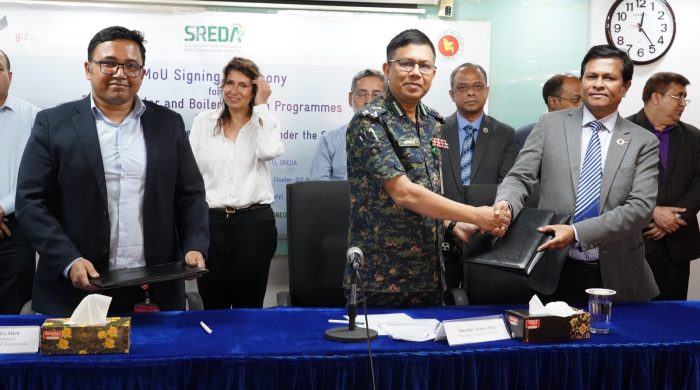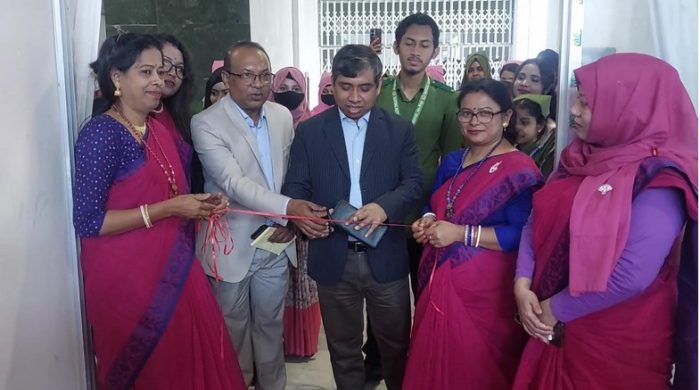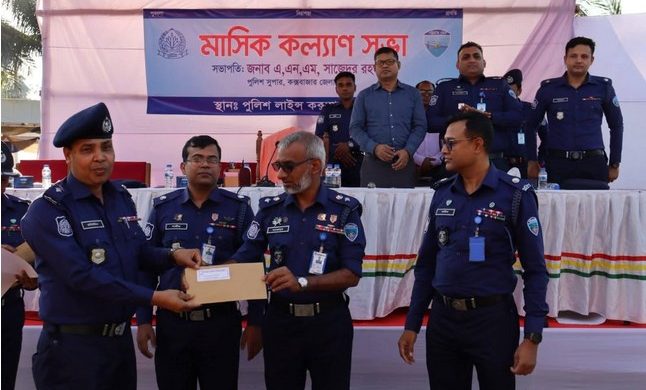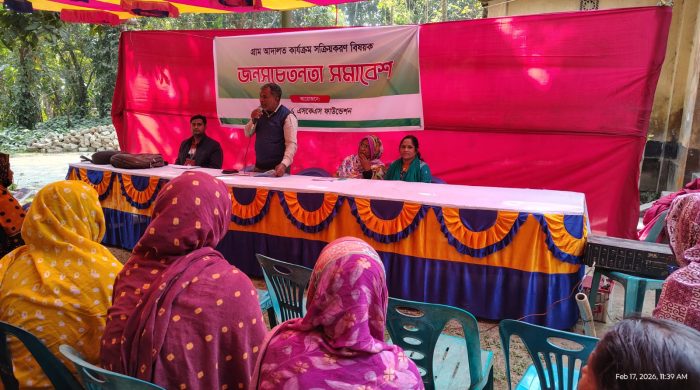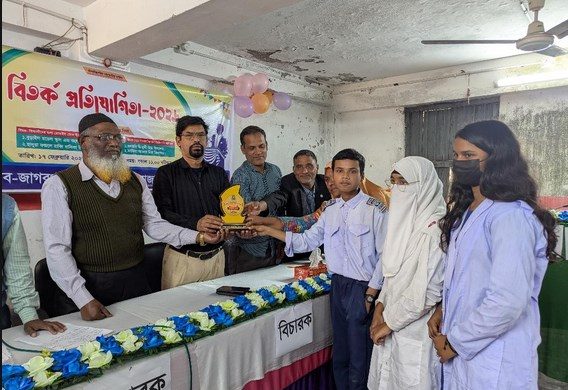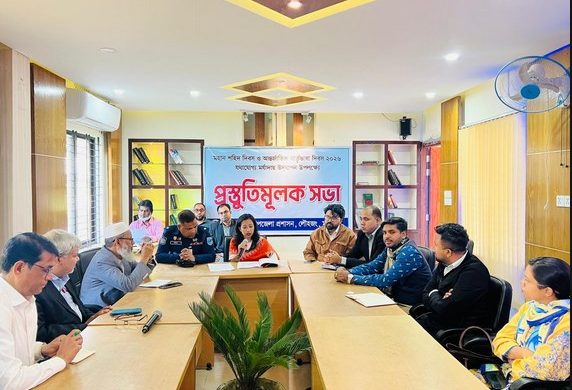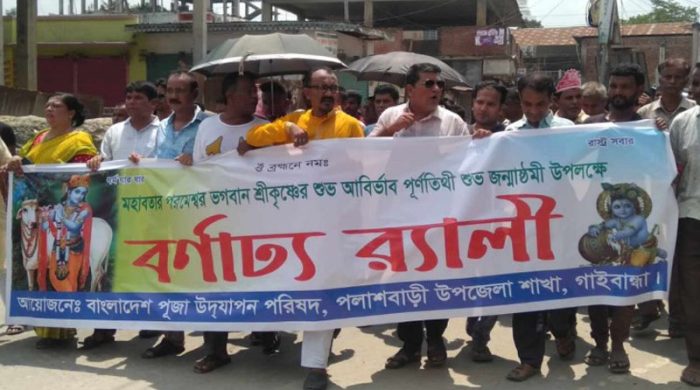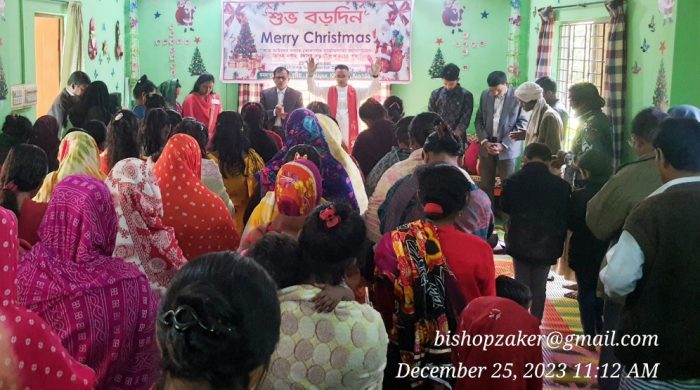Experts for community engagement to contain dengue outbreak
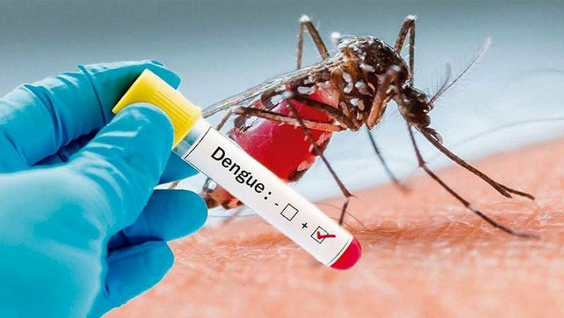
DHAKA
Health experts have described community mobilization as the most effective initiative to control dengue outbreak as the country is in the grip of the mosquito-borne disease. “Community engagement is very crucial to prevent dengue disease… All relevant organizations should work in a coordinated manner to rein in dengue outbreak,” Dr M Mushtaq Hussain, adviser of the Institute of Epidemiology, Disease Control and Research (IEDCR), told BSS. Since the late June, dengue positive cases are increasing sharply in the country, he said adding, “Dengue disease is spreading in both urban and rural settings. Many dengue cases are detected outside Dhaka city.” Mushtaq said, “Dengue infection rate will increase during the rainy season, if we do not take proper measures to halt the spread of the disease.” He laid emphasis on taking integrated efforts to tackle dengue disease and said that it is impossible for a single institution to handle the menace. Explaining the nature of dengue disease, the IEDCR advisor said, it is urgent to set up testing booths in different points of Dhaka and other cities for quick detection of dengue cases. He suggested the people to visit doctors immediately, if dengue symptoms are seen. He urged the city corporations to create an adequate number of volunteers to manage the dengue situation properly. Kabirul Bashar, professor of Department of Zoology of Jahangirnagar University, said, “Generally, Aedes mosquito is found in residential areas…breeding sources of Aedes mosquito are inside and outside the houses.” Analyzing life cycle of Aedes mosquito, he termed it as a domestic species and said its management system will be different from other species of mosquito. “So, it is very important to understand reproductive nature and life cycle of Aedes mosquito to take effective measures for prevention of Dengue outbreak,” he added. Bashar, also an eminent entomologist, said dengue has emerged as a massive health burden in the country as authorities are handling the mosquito-borne disease following traditional methods. “We need to recruit health workers, who will be assigned to oversee specific a number of houses in particular areas in Dhaka city throughout the year,” Bashar said, adding year-long monitoring system must be introduced to destroy potential breeding sources of Aedes mosquito. He forecasted that dengue positive cases will increase in August and September as these two months are the most suitable period for breeding of Aedes mosquito. The entomologist urged the two city corporations of Dhaka and relevant organizations to step up their efforts in a coordinated manner for controlling the dengue outbreak. “We have to take preventive steps particularly destroying breeding sources of Aedes mosquito to stop outbreak of dengue disease,” Director of The Institute of Epidemiology, Disease Control and Research (IEDCR) Prof Dr Tahmina Shirin said. City dwellers must be cautious about stagnant water which is the main source of breeding of Aedes mosquito, she said, adding that even a small quantity of water can grow Aedes mosquitoes leading to the spread of such deadly disease. The IEDCR director said even if a small quantity of water is left stagnant in any broken pot, tyre, vas or container inside and outside homes and offices, it can be breeding ground for Aedes mosquitoes. She urged the city dwellers to remain careful about sources of stagnant water as most of the people in the country have utter negligence to keep their surroundings neat and clean. In recent times, rooftop gardening has become popular in urban setting, which is also congenial for mosquito breeding, Prof Thahmina added. According to the Directorate General of Health Services (DGHS), as of July 8, as many as 3,870 dengue cases were reported while total figure stood at 12,118, this year. Seventeen dengue patients died between July 1 and 8 while total deaths from dengue reached 67 so far.





